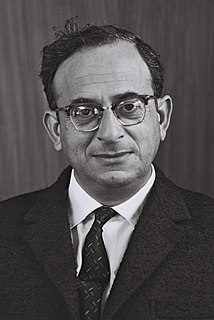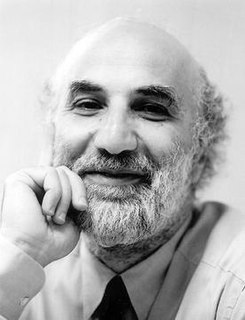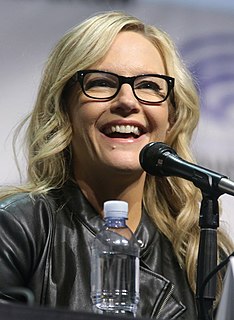A Quote by Cherien Dabis
I discovered myself in the back-and-forth and in the hyphenated Arab-American way, and one of the things that I discovered was that I really didn't fit in anywhere. So in the US, I was considered an Arab - because I grew up in small-town Ohio - and in the Middle East, I was considered the American.
Related Quotes
I'm from a Lebanese-American family. And I've been had lot of contacts and - with Arab-American community, especially Arab-American filmmakers and actors and so forth. It's a community that, a minority that really hasn't been heard from enough. And so many of the stories that are told about Arab-Americans these days are just negative portrayals in the news, but also in television and film. So we're - we set out to try and offset some of those stereotypes.
Jordan is many different things and there's many different parts of it. We don't ever really get to see a modern Arab city, a part of the Arab world where people are seemingly living their lives like everywhere else and also just a part of the Arab world that's surprisingly Americanized, with fast-food joints everywhere and shopping malls. Over the 30 years I've been traveling there, I really saw it grow and become modernized and much more Americanized in a way that surprised me as an Arab-American.
... the connection between imperial politics and culture is astonishingly direct. American attitudes to American "greatness", to hierarchies of race, to the perils of "other" revolutions (the American revolution being considered unique and somehow unrepeatable anywhere else in the world) have remained constant, have dictated, have obscured, the realities of empire, while apologists for overseas American interests have insisted on American innocence, doing good, fighting for freedom.
You see the one thing I've always maintained is that I'm an American Indian. I'm not a Native American. I'm not politically correct. Everyone who's born in the Western Hemisphere is a Native American. We are all Native Americans. And if you notice, I put American before my ethnicity. I'm not a hyphenated African-American or Irish-American or Jewish-American or Mexican-American.






























